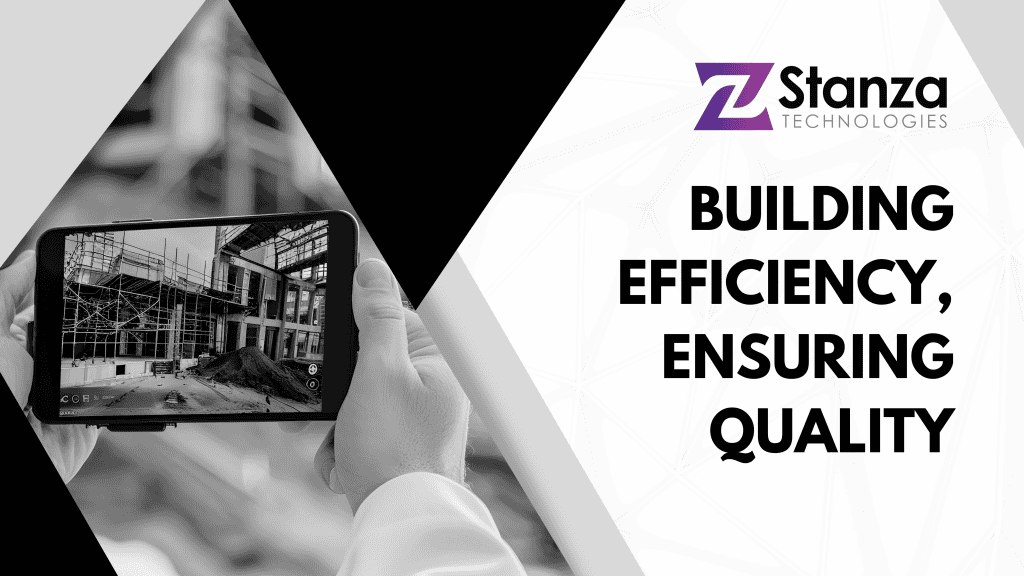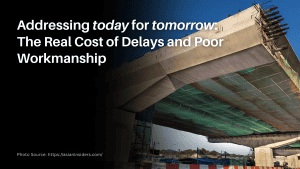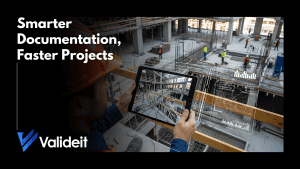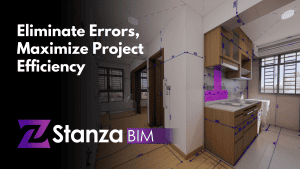With a total construction demand of between S$32 billion and S$38 billion projected for 2024 by the Building and Construction Authority (BCA), Singapore’s construction industry is expected to increase significantly. Public sector initiatives are primarily responsible for this increase, which is anticipated to represent roughly 55% of the demand. New Housing and Development Board (HDB) Built-To-Order (BTO) buildings, more contracts for the Cross Island MRT Line, and significant infrastructure projects like Tuas Port and Changi Airport Terminal 5 are some of the major projects driving this growth.
Managing these massive endeavors gets more challenging as the demand for construction projects increases. The complex nature of contemporary building projects is frequently too much for traditional project management techniques to handle. This is where advanced project management software comes in handy.
Project management software is not just a tool, it’s a source of empowerment for project managers. It increases the effectiveness and coordination of all parties engaged in a building project, guaranteeing a single source of truth by providing current information and making communication simple. For example, with software platforms like Valideit, project managers can efficiently assign tasks, monitor progress, and manage resources. This ensures that, despite their complexity, initiatives remain under budget and on schedule, giving project managers a sense of control and confidence in their work.
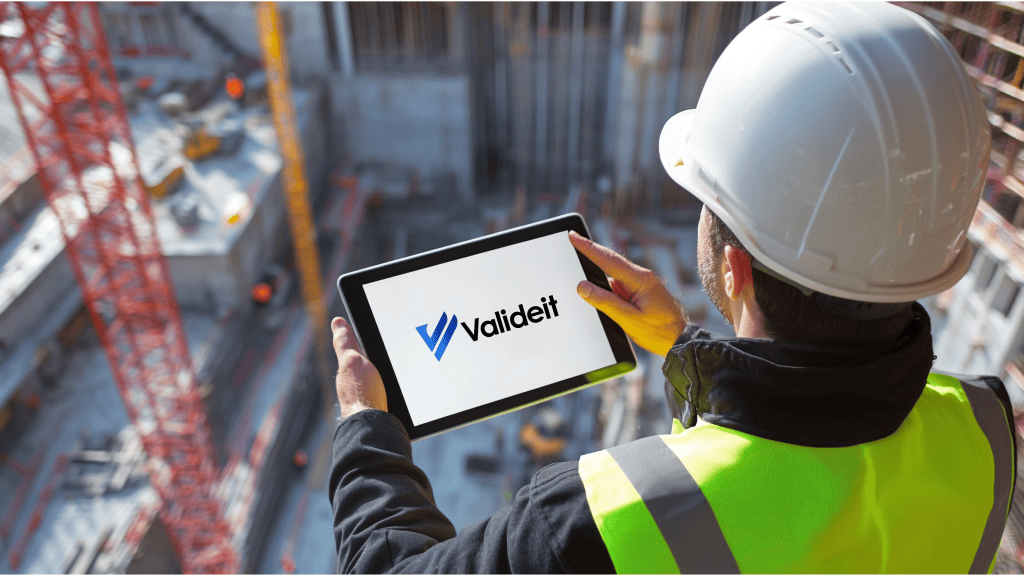
The building industry is fraught with dangers, from financial uncertainty to safety problems. Project management software provides a sense of reassurance by offering tools for risk assessment and mitigation. These platforms are able to anticipate any issues before they become serious by combining data analytics and artificial intelligence. By taking a proactive stance, project managers can implement risk-reduction tactics, ensuring the project’s success and the stakeholders’ security.
Dealing with the enormous amount of paperwork needed for building projects can be overwhelming. Project management software offers a welcome relief by simplifying document management. It provides a consolidated location for all project-related documents, reducing the possibility of mistakes and misunderstandings. This ensures all parties involved can and have access to the most recent information, thereby minimizing paper trails and increasing the effectiveness of document management. Features like document tracking and version control further alleviate the burden of paperwork.
In building projects, maintaining quality control is crucial. Throughout the project’s lifetime, project management software provides tools for establishing quality standards and monitoring compliance. Punch list management, work inspection, and material monitoring are all included. These technologies assist in producing projects that meet or beyond client expectations by upholding high levels of quality.
Project management software can be crucial in encouraging environmentally friendly practices as sustainability becomes a major concern in the construction sector. These platforms can monitor energy use, track the use of sustainable products, and ensure environmental standards are being followed. Construction companies may fulfill industry requirements and help create a better future by incorporating sustainability into project management.
The construction sector in Singapore is expected to grow significantly; therefore, using project management software is not only advantageous but also necessary. These technologies offer the structure required to effectively manage intricate projects, reduce risks, guarantee quality, and advance sustainability. Adopting new technology as the sector develops will be essential to maintaining an advantage in a cutthroat marketplace. The urgency and importance of adopting these technologies cannot be overstated in the face of Singapore’s construction sector expansion.
In conclusion, both possibilities and challenges are associated with Singapore’s anticipated increase in demand for construction. The sector can successfully handle these difficulties and prosper in the years to come by utilizing state-of-the-art project management software. The importance of project management software in the construction sector cannot be overstated, as it provides the necessary tools to manage complex projects, reduce risks, ensure quality, and promote sustainability.
